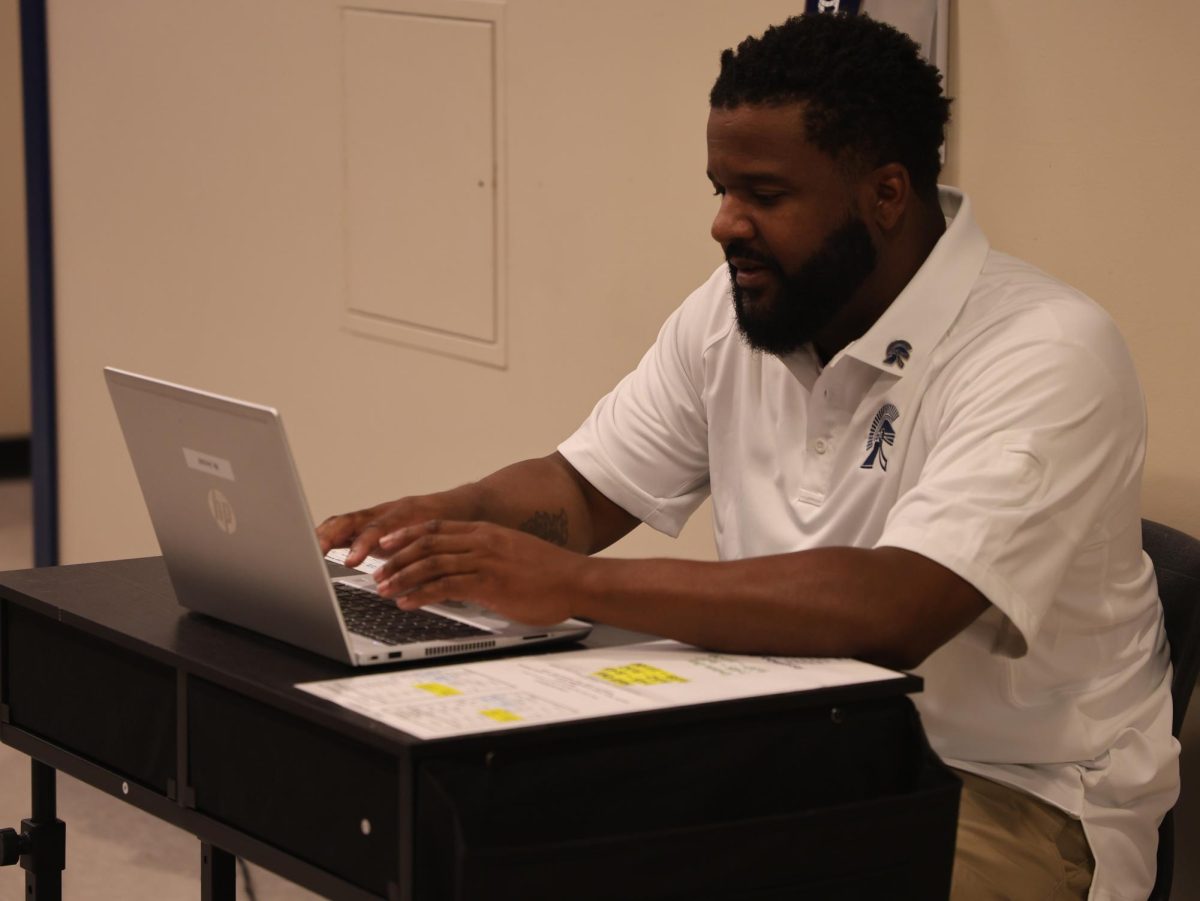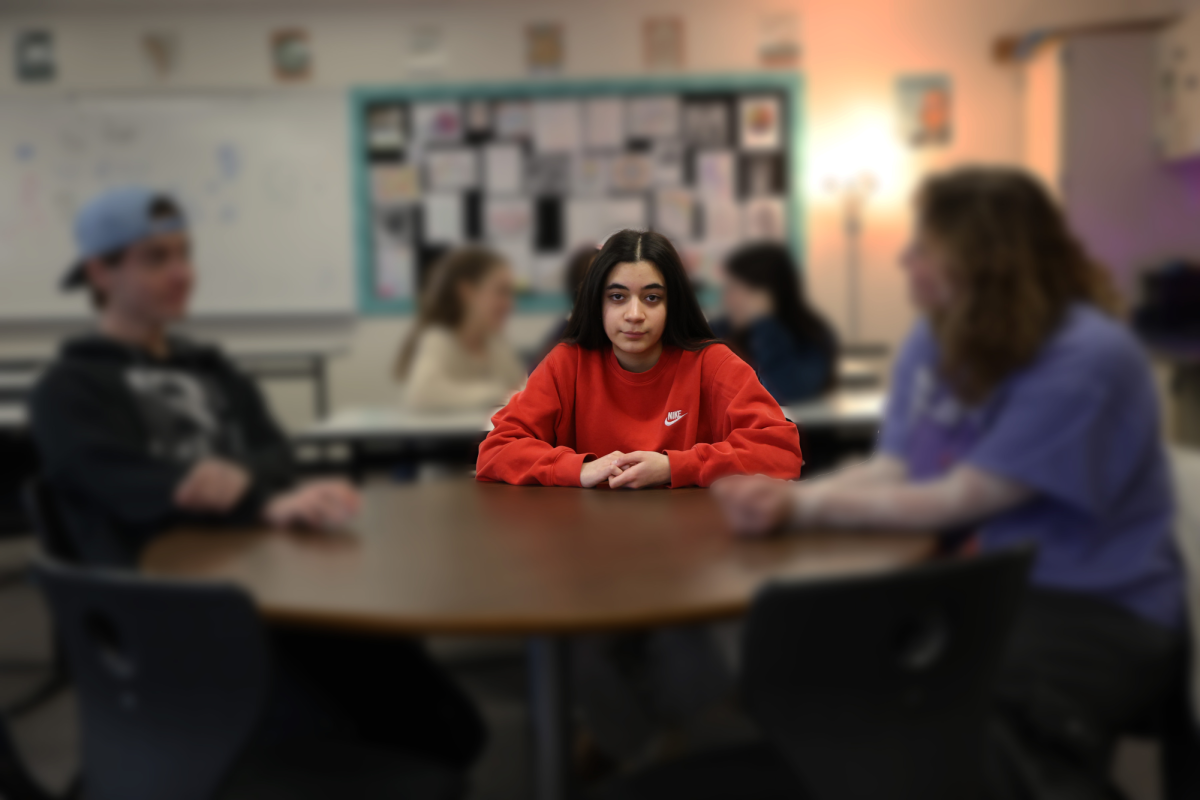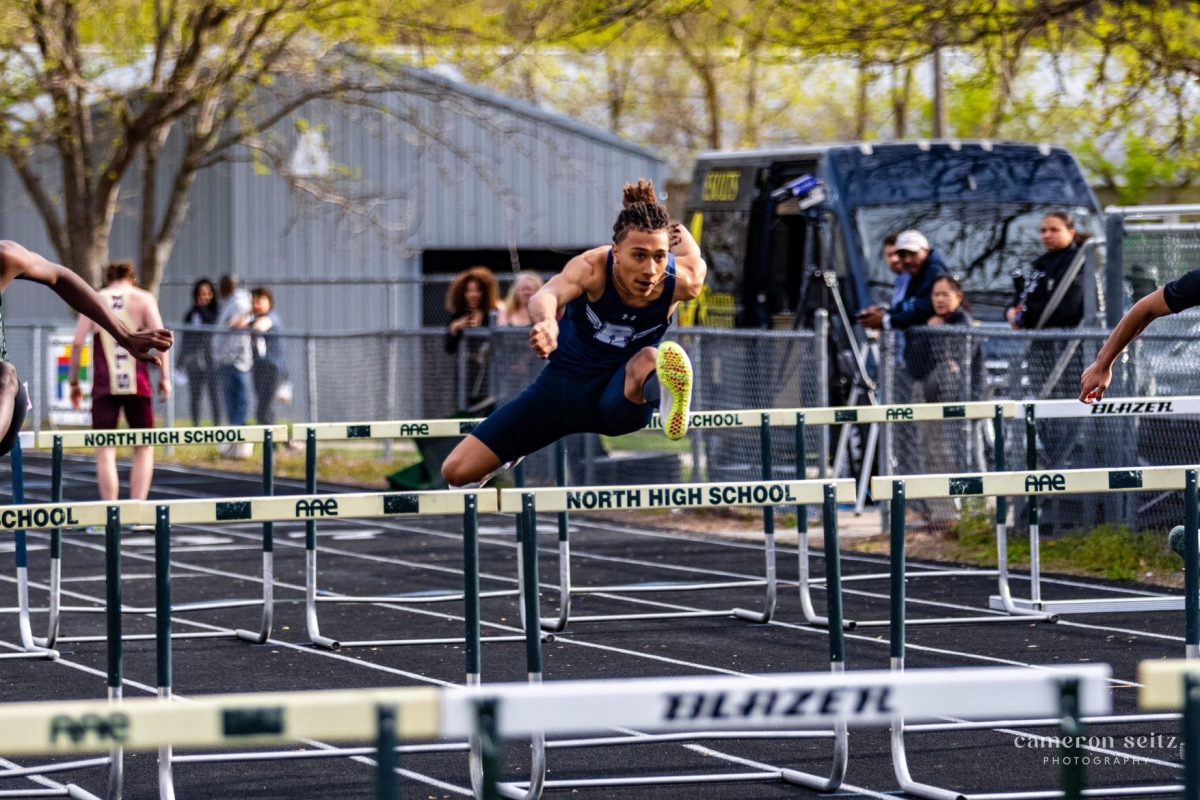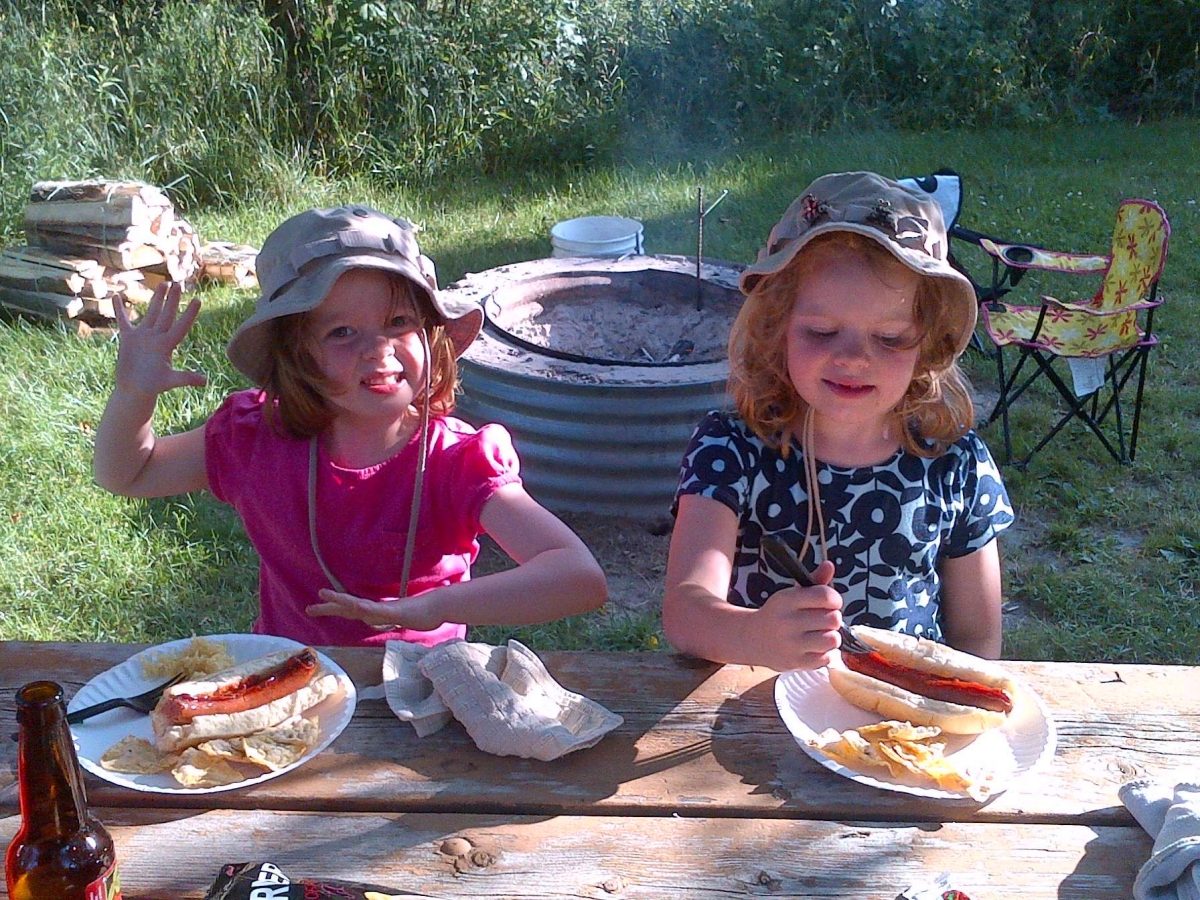During the 2020 quarantine, Jennifer Rairigh (10) most remembers what it felt like to be stuck inside her house, along with what felt like the rest of the world. She felt there was no one she could really talk to.
“I just felt kind of lonely,” she said.
The beginnings of quarantine still drastically affects Rairigh. Exams were given little introduction and felt much more difficult because teachers acted like sophomores have taken high school exams before, when they haven’t.
“We’re [also] always gonna be afraid of another pandemic,” Rairigh said. “Like how the First World War was just called ‘The Great War’ and then the second one came and it changed to the ‘First World War’, like that sort of thing.”
Rairigh also became much more experienced with telecommunication as a by-product of being forced to stay at home.
“I’ve learned how to communicate long-distance with people, which will be nice for when I graduate,” Rairigh said “even if they’re just in the house next door or whatever I can FaceTime them to keep up with them.”
Rairigh has lost and gained friends over the course of the pandemic, losing her friends largely due to personality or mental health changes.
“Some of my friends had mental health problems because of quarantine and stuff so they moved to online school permanently,” Rairigh said. “Others just kind of changed during quarantine and so they stopped being friends [with me].”
Attending school online plus all the homework that comes with it certainly didn’t help the situation. For Rairigh, the hardest part of quarantine was right before winter break of 2020 was the toughest part of her quarantine due to school work.
Rairigh also said that she was glad that she hasn’t lost any close family members to COVID and none of those living with her even got COVID, which also motivated her to get through quarantine.
“I feel like I’ve gotten closer with my family [over the pandemic] since I’ve not been able to see many other people,” Rairigh said.
She was forced to stay with her family for quarantine, which improved their relationship. Rairigh spent a lot of her time at home cooking with her mom, playing basketball with her dad, and her entire family got together to play board games like they did when Rairigh was younger.
She liked to read books and take deep breaths as a way to cope with the pandemic and isolation. She also tries to eat at the right times to keep herself healthy. Rairigh also looked forward to getting back into sports like basketball, swimming, tennis, and skiing; things that she had fewer opportunities to do during the pandemic.
Quarantine forced people to communicate online, and many events that were usually done face to face with others have been moved to online video calls, which offered its own problems.
Ruby Powers (10) had online activities planned with her friends during the summer, but was barely able to make them happen as her friends were often busy.
“We decided to do Dungeons & Dragons, and we all tried to get together to play every Sunday,” Powers said. “But the problem was some of us were always busy on Sunday, so it means we barely got to do it.”
Powers’ group eventually decided to ditch the online D&D meetups altogether because at least one person was unavailable each week. She initially thought that COVID wasn’t a big deal and would go away soon enough, but that quickly turned out not to be the case, and the pandemic continued to push her apart from those she was close with..
“At the start [of the pandemic], my mental health began to decrease during the first year, but then it started to go back up after going back to school,” Powers said.
Powers is now glad that unlike during quarantine, she now has a phone and her friends’ numbers so she has another way to communicate with them.
She and her friends no longer plan meetups, but sometimes meet in the hallways.
“[My advice is] don’t take things for granted, because sometimes they can be taken away,” Powers said.`









